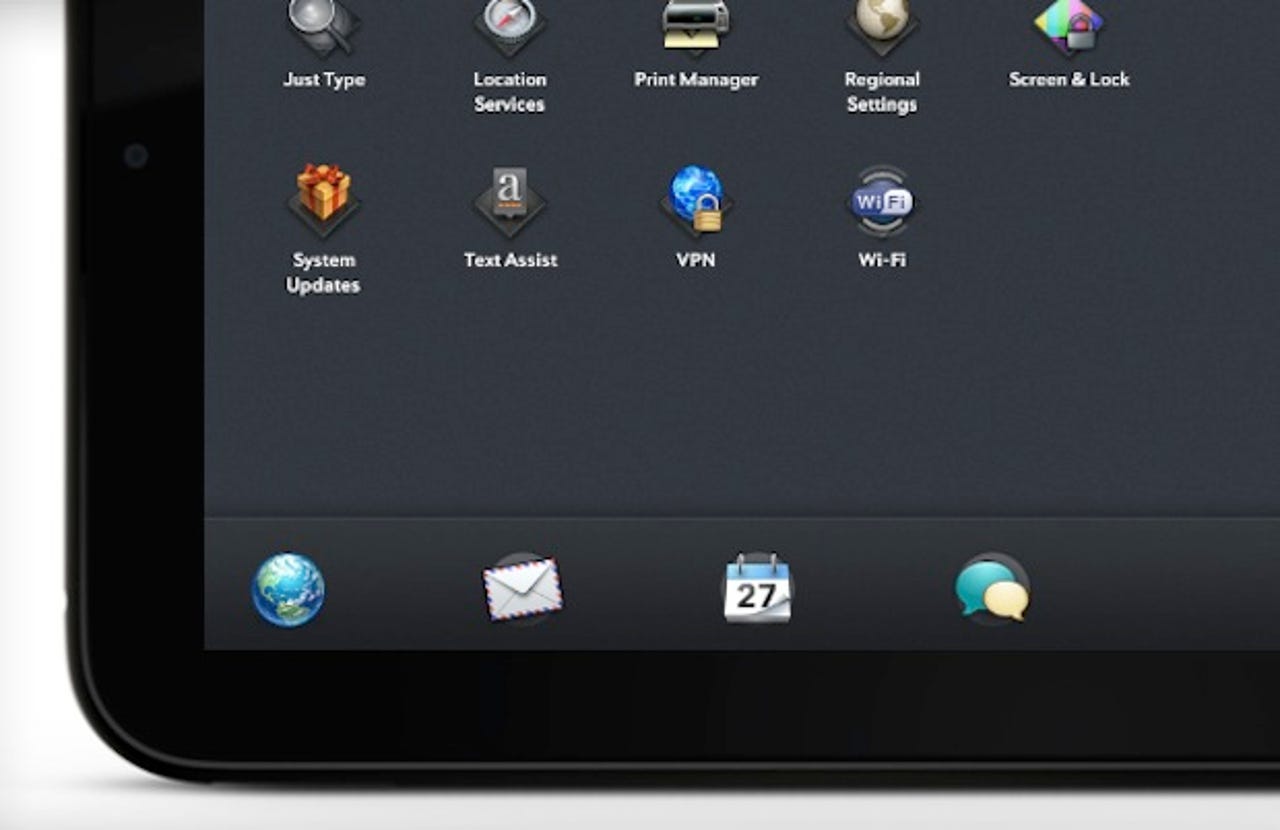LG acquires webOS for smart TVs; webOS to remain open-source

LG will acquire webOS from computer maker HP—not for smartphones as the mobile platform was first intended, but for use in smart TVs.
webOS will also remain open-source under the deal and not be forked, LG confirmed to ZDNet today.

HP chief operating officer Bill Veghte told ZDNet on the phone a short time ago that LG will obtain the full source code for webOS along with the remaining HP webOS team, which will move to LG's labs in Silcion Valley, California. The Korean electronics maker will also acquire the patents that HP acquired from Palm when it first bought the company.
While all documentation and related Web sites will also be handed over to LG, HP will retain the rights of access to webOS solutions and will hold on to webOS' cloud-based technologies, including the applications catalog and the device updating service, Veghte noted.
Financial terms of the deal were not disclosed.
LG's mobile president Skott Ahn, also on the call, was quick to explain to ZDNet that LG will maintain webOS' as an open-source platform. He said the company believes "open-source development is the best way to deploy cutting edge technologies, especially for Web connected devices."
One of the concerns among the open-source community was the future of exactly how open-source webOS would be should another company buy the software. A buyer could acquire the base code and add to it, creating another semi-proprietary fork of the software, which in fact anyone could have done.
In spite of the move to push webOS towards smart TVs, the company is hoping to raise smartphone sales by more than 50 percent in the coming year. LG shipped 26.3 million smartphones in 2012, shy of figures generated by HTC and BlackBerry, which both shipped 32 million devices during the year. LG has since passed its 2009 peak of third place in global mobile phone sales, falling to fifth place behind Motorola.
LG already has a range of Android phones, but recently announced that there are no plans to develop any Windows Phone 8-based devices. But all eyes on LG's next move with the open-source software, which remains under an Apache license.
webOS' rocky road to smart TV devices
Former HP CEO Leo Apotheker said it would sell off the company's division that develops PCs and webOS-based smartphones, the Personal Systems Group. Following the news, the world's largest PC maker by shipments subsequently cut 500 jobs at its webOS division in 2011 as part of a wider restructuring.
In total, 29,000 jobs—or around 9 percent of its workforce—will be cut in a bid to help HP save around $3.5 billion over the next two years.
Whitman ultimately reversed the decision after the company's board fired Apotheker, keeping its consumer electronics and PCs on the go. However, Palm and webOS was tossed on the open-source scrapheap.
HP has in recent weeks been making moves to offer a smartphone, as the company continues to concurrently offer post-PC devices alongside its range of PCs. The company's chief executive Meg Whitman said that no smartphone would be offered in 2013.
A source close to the company also told ZDNet that HP aims to bring Android to a HP-branded tablet in the next few weeks, suggesting the company would ditch webOS altogether in favor of the Google-owned mobile platform.
Updated at 10:30 a.m. ET: with additional comment from both HP and LG.